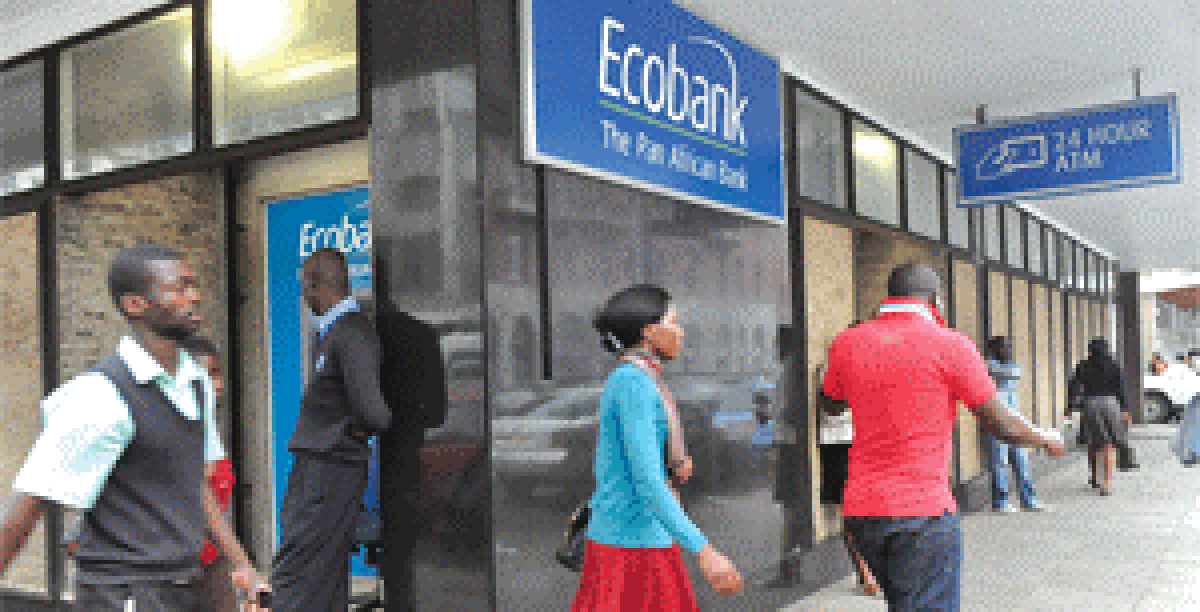Zimra to roll out new tax admin system
THE Zimbabwe Revenue Authority (Zimra) is set to introduce a new tax system next month in a bid to revolutionise the tax administration terrain in the country through an efficient, effective, and easy-to-navigate system based on a digital platform.
Known as the Tax and Revenue Management System (TaRMS), it is a product of Zimra’s business process re-engineering (BPR) programme launched in 2022. The BPR identified digitalization as the key aspect of improved service delivery to Zimra’s diverse clients.
The TaRMS commenced in 2022 following an intensive user needs analysis and assessment.
It is being introduced to close the gaps that have historically affected efficient revenue collection.
This is also in line with the authority’s shift towards automation and digitalization.
Zimra commissioner-general Ms Regina Chinamasa said the advanced automation system expected to go live on October 12 would not only address the revenue collection but also help trade facilitation.
It is also expected to address challenges that Zimra has been facing including revenue leakages. This is in addition to being more user-friendly, a key enabler for ensuring voluntary tax compliance.
“Faced with the persistent system challenges, Zimra benchmarked with good practices in revenue administration and supporting systems and identified system gaps necessitating the modernisation agenda undertaken from 2020,” said Mr Chinamasa during a stakeholder engagement meeting to unpack the new system on Monday.
“Zimra made a decision to identify, acquire and implement a robust simple, user friendly, highly automated, reliable business driven Tax and Revenue Management System that is compliant with internationally good practices.”
The engagement process was to enable stakeholders to conceptualise, engage and understand the operational modalities of the new system.
Taxes
“This is critical as it has an overall impact of enabling domestic resources mobilisation for social and economic growth and prosperity of the nation,” said Ms Chinamasa.
Some of the TaRMS benefits include a user-friendly self-service portal, reduced cost of compliance, reduced human intervention and overall improved service delivery.
Speaking on the sidelines of the stakeholder engagement meeting, the Small and Medium Enterprises Development Corporation (SMEDCO) business analyst Mr Collins Kanondo commended the new system saying it would promote voluntary tax compliance.
This would help SMEs be more tax-compliant and enhance their contribution to the fiscus.
“It is a welcome development which brings great convenience. SMEs want convenience. Already tax compliance is not easy so if you make it very difficult, compliance levels among SMEs will be low.
“We are quite confident about this. The SMEs are now dealing with big clients and to get a contract with those big companies you need tax clearance,” said Mr Kanondo.
In the 2024 Budget Strategy Paper, Finance and Investment Promotion Minister Professor Mthuli Ncube said achieving the target revenue collections was underpinned by tax administration initiatives that enhance enforcement and tax compliance, in particular, of business processes and adoption of new technology.
Professor Mthuli Ncube
Next year, Prof Ncube projects to collect $30,7 trillion.
“Expansion of the (tax) base through embracing emerging industries, including those in the informal sector, as well as capturing the digital marketplace where sellers and buyers of goods and services converge through e-platforms will ensure that eligible taxpayers contribute towards national development,” said Minister Ncube.
The TaRMS project was jointly funded by the Treasury and the African Development Bank (AfDB). The African Development Bank said domestic taxes “are crucial to national transformation and economic viability hence an efficient tax collection process becomes imperative.”-chronicle











